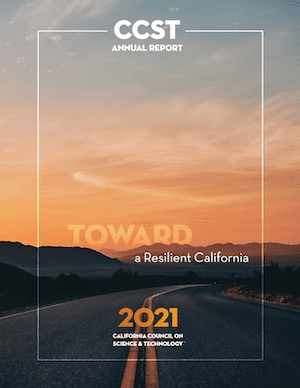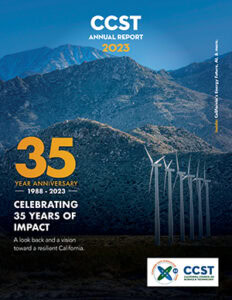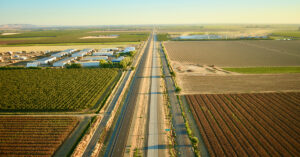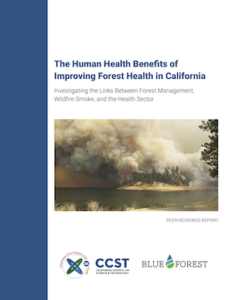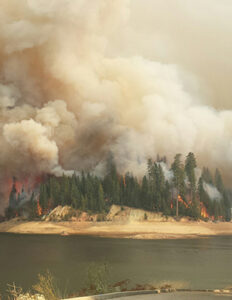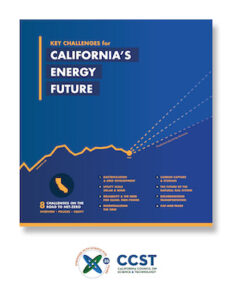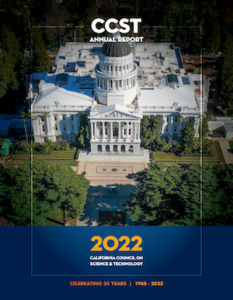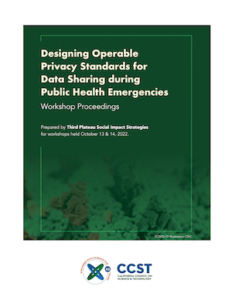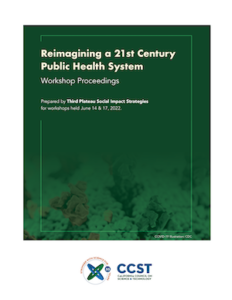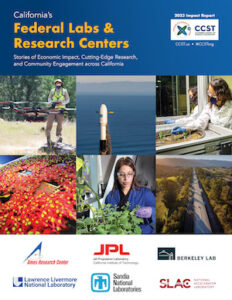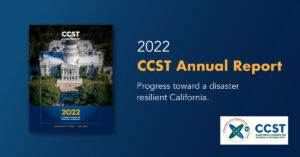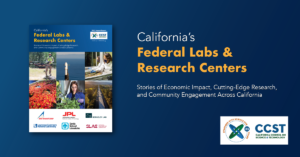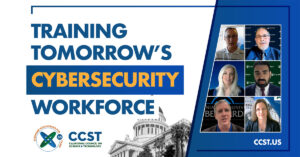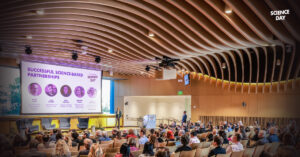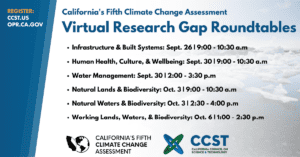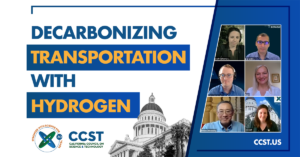Disaster Resilience Initiative
Building the Foundation for a Resilient Future
Complex and intersecting disasters, including climate change, megafires, and the COVID-19 pandemic, are radically disrupting the ways in which Californians live and work. Science and technology (S&T) are revolutionizing a range of sectors in ways that heighten opportunities for social progress, but also threaten to magnify existing social inequalities and present risks to privacy, public safety, and national security.
In recognition of this need, and the increasing scale of disasters in the Golden State, CCST redoubled our efforts on disaster resilience to increase the delivery and responsiveness of advisory services provided by independent S&T experts to State policymakers. We mobilize the S&T expertise across California’s extraordinary research and innovation enterprise to deliver science-driven recommendations for increasing resilience to complex, intersecting disasters.
Media Information
CCST Annual Report 2021
Toward a Resilient California
In our 2021 Annual Report, read messages from CCST Board Chair Peter Cowhey and CEO Amber Mace reflecting on the challenges faced in another year of the global COVID-19 pandemic and the great progress made toward our mission. See progress made on our disaster resilience initiative, Toward a Resilient California, through our suite of Science Services including Expert Briefings, Studies and Publications, workshops and more. Meet the 2021 class of CCST Science & Technology Policy Fellows, placed in Legislative and Executive Branch offices. Learn more about the recipients of our 2021 CCST Science in Public Service Award, held during Science & Technology Week.
Emerging and disruptive technologies increasingly present threats and vulnerabilities for the government, defense, and private sectors that should be considered in resilience planning.
CCST CEO Amber Mace, PhD, and Senior Advisor Jun Bando, PhD, contribute to a national conversation about The Next 75 Years of Science Policy with an essay on the roles of states and boundary organizations in science policy innovation in Issues in Science & Technology.
Related Publications & Projects
We know science and technology must be essential components of our recovery from the pandemic and our preparation for future complex disasters.
Peter Cowhey
CCST Board Chair

